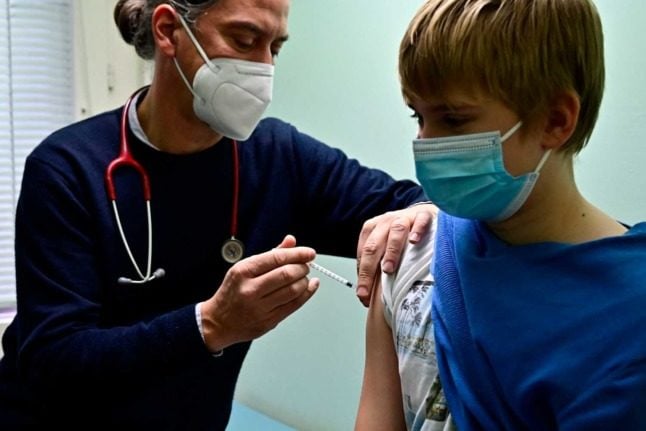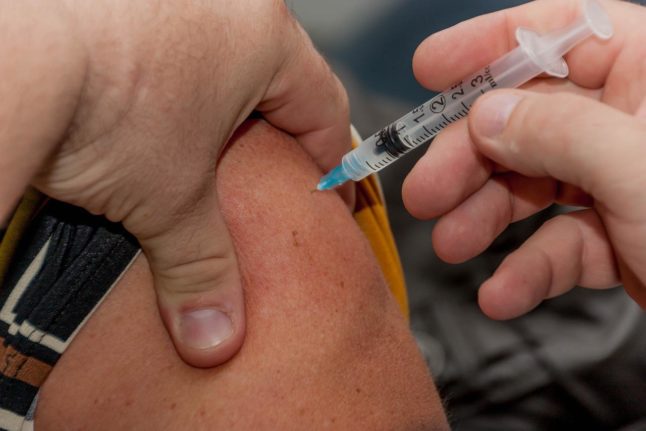Residents of the Swiss canton of Bern can now register their children to get the jab with the VacMe portal.
The canton allows up to two children from each family to be booked under the same booking.
READ MORE: How can I get my children vaccinated against Covid in Switzerland?
This makes Bern the first canton to open registrations for children to get the jab.
Bern said registration is mandatory for anyone wanting their children to get the jab.
While Switzerland this week approved the vaccine for children aged 5 to 11, the first shots are not expected to be administered until January 2022 at the earliest due to a lack of supply.
Switzerland has already struggled to meet surging demand for boosters, meaning that the approximately 600,000 children within that age bracket will have to wait.
Between 20,000 and 30,000 children are within that age bracket in Bern, cantonal authorities estimate.
The vaccinations will take place at special under 12 vaccination centres at the Inselspital in Bern, along with Biel and Thun.
More information about Switzerland’s Covid vaccination campaign for children can be found below.
READ MORE: Everything you need to know about Covid vaccines for children in Switzerland
You can find out the information for each canton, including how to register for vaccines and the procedures they have in place, here.
Do children get the same vaccine as adults?
In a press conference on December 13th, Swiss Health Minister Alain Berset said children do not receive the exact same vaccination and dosage as adults.
“It is a vaccination that is specially produced for children to protect them from severe courses and long covid.”
Children receive a lower dose of the vaccine than adults.
The amount of this dose is not expressly specified and will be a decision made by the doctor on the basis of the child’s age and weight.



 Please whitelist us to continue reading.
Please whitelist us to continue reading.
Will any side effects on children be reported or suppressed?